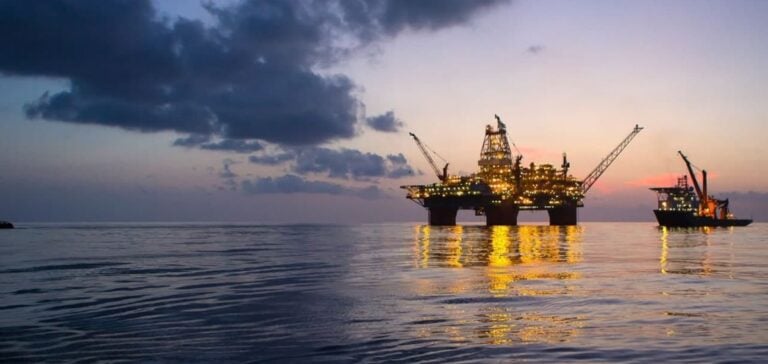The Brazilian Climate Secretary, Ana Toni, stated that Brazil will not shy away from discussions on energy transition. These remarks were made during COP29, currently being held in Baku, Azerbaijan. Ms. Toni emphasized the importance of a just transition, proposing measures such as taxes on coal, oil, and gas.
Contradictions and Brazil’s Commitment
Brazil, like the United States and Norway, faces contradictions. Although it is a significant oil producer, it positions itself as a committed player in the fight against climate change. In November 2025, President Luiz Inácio Lula da Silva will host COP30 after announcing an enhanced greenhouse gas reduction target of 59 to 67% by 2035, compared to 2005 levels.
NGOs, however, criticize this plan, claiming it is insufficient to reflect Brazil’s responsibility in the global climate crisis. Ana Toni counters that these commitments are among the most ambitious for a developing country.
Immediate Challenges and Vision for COP30
Before COP30, Ana Toni is working to break the deadlock at COP29, where she co-leads efforts with UK Energy Secretary Ed Miliband to secure an agreement on financing the energy transition. According to her, the failure of these discussions could jeopardize COP30’s climate ambitions.
By hosting this major conference, Brazil also seeks to highlight its leadership on issues such as deforestation while calling for collective responsibility to accelerate the global energy transition.






















